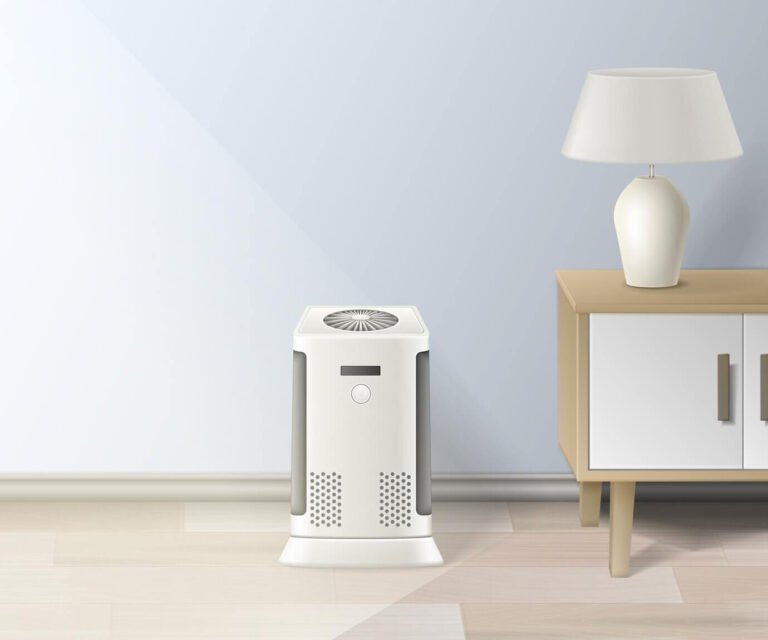Dry Nasal Passages Relief and Expert Tips on How to Prevent and Manage Dry Nasal Passages
Dry Nasal Passages Relief Tips from Experts
Dry nasal passages are a prevalent discomfort often encountered by individuals. Understanding the underlying causes of this dryness is imperative to mitigate its adverse effects on respiration and overall well-being.
This discussion will explore strategies for preserving moisture in nasal passages, treatment modalities, and home remedies for alleviating dryness. Additionally, it will address indicators of potentially serious conditions necessitating medical intervention.
The significance of maintaining optimal nasal health and implementing appropriate care practices will be explored.
Understanding Dry Nasal Passages
Dry nasal passages may develop due to various factors, including environmental conditions such as dry climates and winter air. This can lead to nasal dryness, impacting overall nasal health. The nasal cavity and sinus passages are essential in warming and humidifying our air. When these passages become dry, it can result in discomfort and potentially contribute to additional nasal complications.
Causes of Dryness
Dryness in the nasal passages can be attributed to various factors, including exposure to dry climates, decongestants, and contact with allergens. These elements can collectively contribute to nosebleeds and overall nasal dryness.
Exposure to arid climates can deplete moisture from the delicate nasal tissues, leading to dryness and a heightened risk of nosebleeds. The cold outdoor air and heated indoor environments in winter can further aggravate nasal dryness.
Allergens such as pollen or dust have the potential to irritate the nasal passages, instigating inflammation and dryness. While decongestants alleviate nasal congestion, prolonged use can desiccate the nasal mucosa, rendering it more vulnerable to nosebleeds.
Recognizing and understanding these triggers can prove instrumental in effectively managing and preventing nasal dryness.
Impact on Breathing and Overall Health
Dry nasal passages can significantly impact respiratory efficiency and overall health, potentially causing conditions such as sinusitis, nasal congestion, and sinus infections, all of which can compromise nasal health and the functionality of the nasal cavity.
When nasal passages lack moisture, the mucous membranes within the nasal cavity may become irritated and inflamed, impeding the smooth passage of air. This can result in discomfort, breathing difficulties, and an increased susceptibility to infections.
Dry nasal passages can exacerbate conditions like sinusitis, as the absence of moisture can render the sinus cavities more prone to inflammation and bacterial proliferation. Additionally, nasal congestion can be exacerbated by dryness, exacerbating breathing issues.
Proper hydration, saline sprays, and a humid environment are advised to alleviate dryness and promote optimal nasal health.
Preventing Dry Nasal Passages
A proactive approach to nasal health is necessary to prevent dry nasal passages. This includes utilizing humidifiers, ensuring adequate hydration, and moisturizing the nasal cavity to alleviate the consequences of dry air and environmental nasal irritants.
Tips for Maintaining Moisture
To preserve moisture levels in the nasal passages, it is advisable to explore the utilization of saline sprays, engage in nasal irrigation practices, and incorporate steam inhalation methods. These techniques have been proven to introduce and maintain moisture in the nasal cavity effectively. Warm beverages like herbal teas for congestion can also support hydration and help soothe irritated airways.
Saline sprays help remove allergens and irritants, while nasal irrigation solutions like neti pots clear excess mucus and debris. Additionally, steam inhalation can alleviate dry nasal passages, whether through a steam shower or a bowl of hot water. Applying nasal moisturizers such as nasal gels or petroleum jelly can establish a protective barrier against dryness.
To ensure adequate nasal moisture retention, it is imperative to prioritize actions such as maintaining hydration levels, avoiding exposure to irritants like cigarette smoke, and regulating indoor humidity levels. These measures are essential for promoting and sustaining nasal health.
Managing Dry Nasal Passages
Effectively managing dry nasal passages requires a comprehensive approach incorporating various treatment modalities and home remedies. These may include nasal sprays, essential oils such as eucalyptus, lavender, sandalwood, and moisturizers. These interventions aim to alleviate discomfort, maintain nasal health, and promote overall well-being.
Treatment Options and Home Remedies
Combining nasal sprays, irrigation, and moisturizers has proven effective in addressing dry nasal passages. Home remedies such as using essential oils like eucalyptus, sandalwood, and lavender can relieve pain.
Over-the-counter nasal sprays can deliver rapid relief by moisturizing the nasal passages and diminishing inflammation. Nasal irrigation methods, such as employing a neti pot or saline solution, aid in purifying the nasal passages and mitigating dryness. The integration of moisturizing products tailored to nasal health can offer enduring relief.
In-home remedies, essential oils renowned for their calming attributes, such as peppermint and tea tree oil, can be diffused or applied topically to enhance comfort and moisture levels. Exercising care when selecting nasal health products is imperative, considering ingredients, efficacy, and potential adverse effects.
When to Seek Medical Attention
While addressing dry nasal passages can frequently be managed at home, there are instances when it becomes imperative to seek medical assistance, particularly when symptoms such as enduring nasal congestion, repeated nosebleeds, or potential sinus infections suggest a more severe underlying condition.
Signs of a More Serious Condition
Indicators that may suggest a more severe underlying condition include persistent nasal congestion, unresponsiveness to typical home remedies, recurrent nosebleeds, and symptoms of sinus infections like facial pain and pressure. If you frequently experience uncomfortable sinus pressure, it may be worth consulting a specialist.
Persistent nasal congestion could signal chronic sinusitis or nasal polyps, especially when it does not improve with over-the-counter treatments such as decongestants or saline rinses. Consequently, ongoing nasal congestion may necessitate medical assessment.
Likewise, recurrent nosebleeds, mainly if they occur inexplicably or are accompanied by other worrying symptoms, should not be disregarded. Nosebleeds can sometimes be attributable to conditions like nasal tumors or blood clotting disorders.
Frequent sinus infections, characterized by pressure around the eyes, cheekbones, or forehead, coupled with thick nasal discharge, may indicate chronic sinusitis requiring professional intervention.
It is imperative to seek medical guidance to accurately diagnose and manage these conditions, which may involve prescription medications, nasal corticosteroids, nasal irrigation, or, in severe instances, surgical intervention.
Importance of Proper Nasal Health and Care
Proper nasal health and care are vital in maintaining overall respiratory health, facilitating efficient breathing, and mitigating the risk of complications, such as infections and chronic nasal conditions.
Maintaining optimal nasal health transcends mere alleviation of nasal congestion and discomfort. Adherence to regular nasal hygiene protocols can augment one’s general well-being and reduce susceptibility to respiratory infections.
Effective nasal care encompasses maintaining clean and adequately moisturized nasal passages, which facilitate the filtration of detrimental particles and pathogens to prevent their ingress into the body. Simple daily practices, including using saline nasal sprays, observing proper hand hygiene, and maintaining adequate hydration levels, can significantly bolster the preservation of healthy nasal passages.
Proactive nasal care fosters improved breathing and plays a pivotal role in preventing more severe health maladies long-term.
Further reading:




